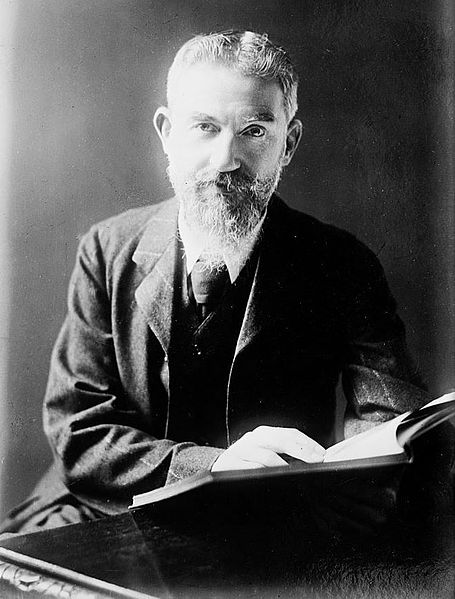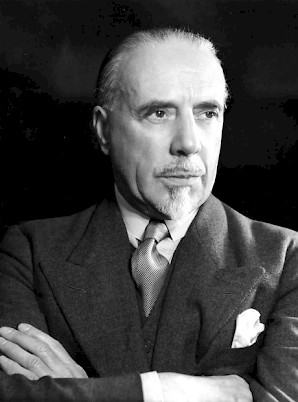A tale of two myths
'Music and Victorian England: A Tale of Two Myths', Revista de musicología 16, no. 3 (1993), pp. 1650-56
This essay originated as a presentation for the 'Nineteenth-Century Musical Life, the Contemporary Press, and Musical History' session at the International Musicological Society meeting in Madrid, Spain, in 1992. Its object was to shadow Charles Dickens's conceit from A Tale of Two Cities, 'It was the best of times, it was the worst of times ...', reminding listeners that diametrically opposed modern readings can emerge from one and the same historical moment, event or source.
Narratives of music in Victorian England often veer between such binary descriptors ('best', 'worst'), with press evidence and other witnesses seeming to confirm one or another extreme. Colourful language sold papers and might make a journalist's or musician's name. But just because a view is memorable and sounds confident, does that make it true, or even representative?
A more careful sampling and deconstruction of press writing - and better historical grounding, forward and back - should move our interpretations towards a more nuanced understanding of the nation's musical past.
Ultimately the practice of music among all social groups and in more centres than London will be seen as the signal musical achievement in the period.
The 20th-century recorded voices of G.B. Shaw and Thomas Beecham, heard in Madrid and transcribed here, make memorable test cases.
A pdf file of this article is available here.
 Langley
Langley

